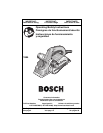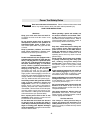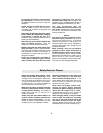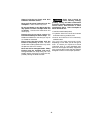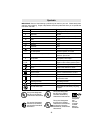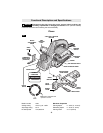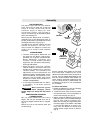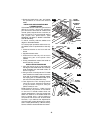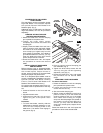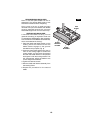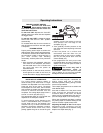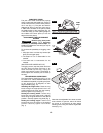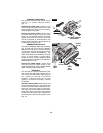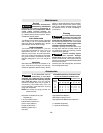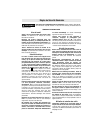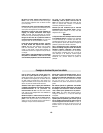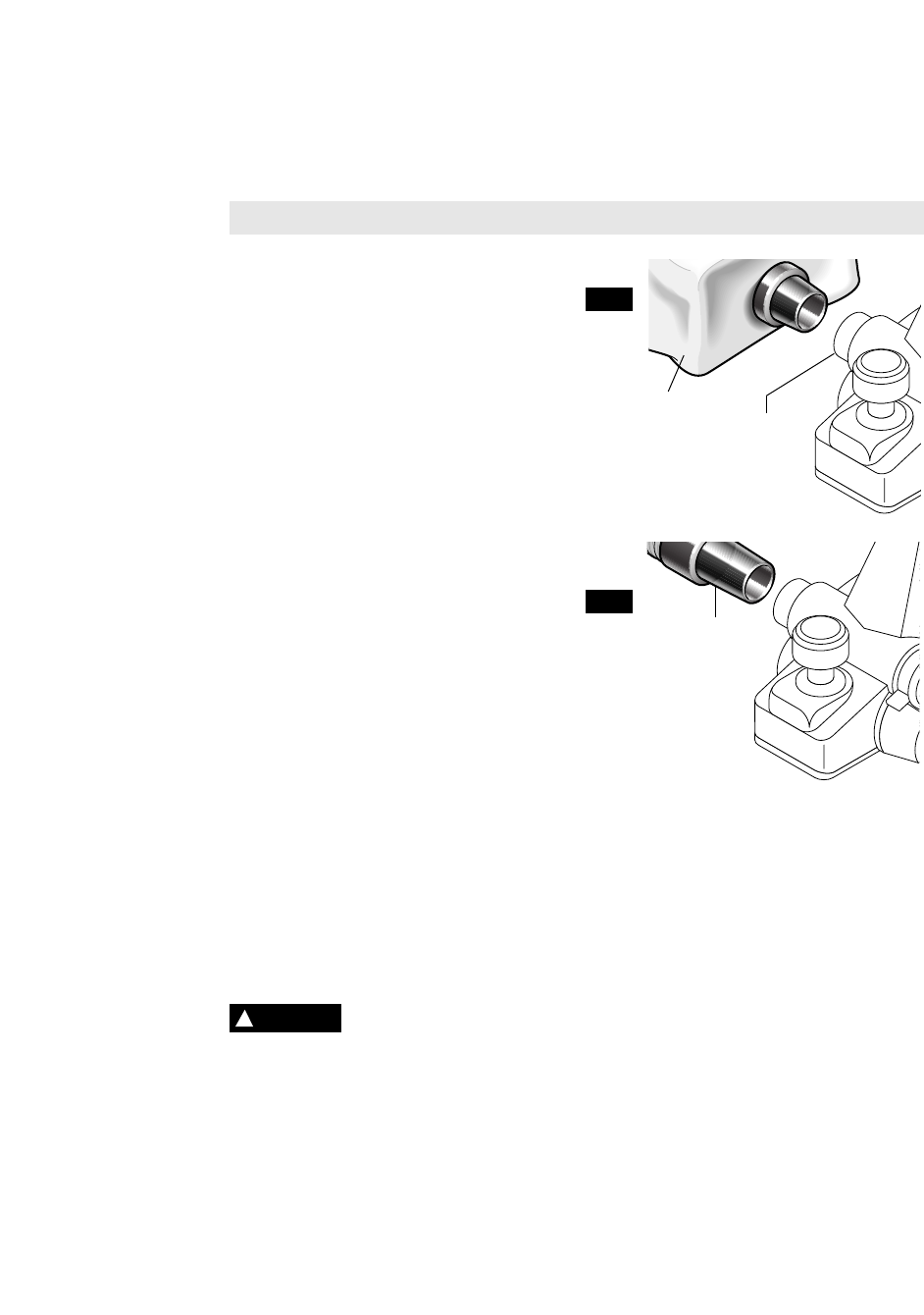
CHIP EXTRACTION
The planer comes with two chip exhaust
ports, which may be used with a chip bag
(Fig.2) or a shop vacuum and vacuum
connector (Fig.3) to keep your work
environment cleaner. The chip bag or
vacuum connector may be attached to either
end of the exhaust port.
Moving the port selector lever to position 1
(towards front of tool) discharges chips to
the left, while position 2 (towards rear of tool)
discharges chips to the right. (Fig. 1)
Included is the VAC002 adapter that will
connect the hood to 1-1/4” and 1-1/2”
vacuum hoses. An adapter to connect the
hood to 2-1/2" hoses is also available
separately.
PLANER BLADES
• There are three types of blades that can
be used with the Bosch 1594 planer;
standard mini tungsten carbide blades,
Bosch Woodrazor micrograin mini
tungsten carbide blades (standard
equipment with the Bosch 1594 planer),
and large HSS blades.
• While the Bosch 1594 mini tungsten
carbide blades are sharper and more
durable than standard mini tungsten
carbide blades, the assembly and
adjustment of both of Woodrazor and
standard tungsten carbide blades are the
same. Henceforth, all references in this
manual to “mini TC blades” refer to both
Woodrazor blades and standard mini
tungsten carbide blades.
• To use large HSS blades with the 1594 it
is necessary to purchase optional
accessories.
Wear protective gloves
when changing planer
blades. Edges are sharp and may cause
injury.
REMOVING MINI TUNGSTEN
CARBIDE BLADES
Mini TC planer blades have two cutting
edges, and may be reversed when one of
the cutting edges becomes dull or chipped.
(Fig. 6)
Before any work on the machine itself, pull
the power plug.
Always changes both blades at the same
time. Otherwise, imbalance can cause
vibration and reduce the useful service life of
the tool. Use only blades designated for use
with this model, because other blades can
cause vibration, decrease performance and
may not clamp securely in blade holder. Do
not attempt to sharpen or use re-sharpened
any TC blades.
To remove the blades:
1. Rotate the blade drum until the clamping
jaw is parallel to the planer shoe.
2. Loosen the three clamp screws by about
one revolution each. (It is not necessary to
remove the clamping jaw.) (Fig.4)
3. Slightly rotate the blade drum and use a
piece of wood to push the blade sideways
and out from under the clamping jaw.
Make sure to keep your fingers away from
the sharp edges of the blade. If the blade
is gummed and difficult to remove, you
may clean the blade and clamp with
mineral spirits, lacquer thinner or alcohol.
(Fig. 5)
-7-
Assembly
FIG. 2
FIG. 3
CHIP BAG
EXHAUST
PORTS
VACUUM
CONNECTOR
(OPTIONAL)
!
WARNING



